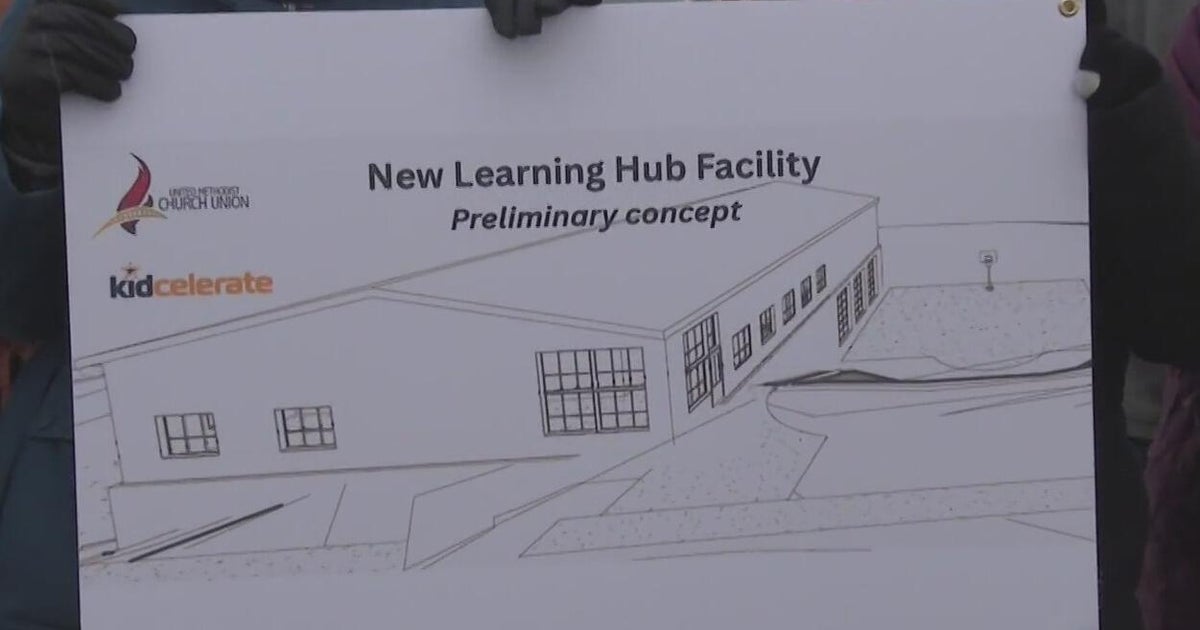5 practical steps for creating a retirement backup plan
You’ve likely been planning your retirement for years and know exactly – or almost exactly – when you’ll retire and what you’ll do once you’re free of your 9-to-5 job. So why would you need a Plan B for retirement?
The fact is, many people find themselves retiring sooner than they’d expected, due to a job loss, employment issues or poor health. For example, almost half of current retirees recently surveyed report that they retired before they’d planned. Yet the Transamerica Center for Retirement Studies (TCRS) 2016 survey of workers found that just 25 percent of workers have a backup plan for retirement income if they’re unable to work sooner than their planned retirement.
Catherine Collinson, president of TCRS, shares the following five practical steps you can take to not only reduce the odds that you’ll be forced into retirement sooner than planned but to ease the blow if and when it happens.
1. Be proactive about keeping your job skills and personal network up-to-date. Be hyper-vigilant about keeping your skills current in order to avoid getting left behind. Take advantage of your employer’s training offerings, consider taking a class or other form of continuing education, pursue volunteer opportunities, and scope out the job marketplace. These steps can help you find a new job or set you up for freelance work if your current employment situation comes to an end. Be aware of backup “bridge jobs” that you might be able to find quickly if your employment is interrupted.
2. Know your numbers. Create and maintain a financial plan so you know exactly where you stand in the event you need to retire sooner than expected. According to the TCRS survey, only 16 percent of workers have a written retirement strategy. A good strategy should assess whether your retirement savings are adequate and would also estimate your expected living expenses and sources of income in retirement. Identify the living expenses you could quickly reduce, if necessary, due to a loss of earnings.
3. Review your insurance coverage. Medical, life, disability, and long-term care insurance can help cover expenses and/or lost income to help you avoid the depletion of savings. Research the options that are available through your employer and in the marketplace to determine what makes sense for your situation.
4. Have a heart-to-heart talk with trusted loved ones. Start an open dialogue about your retirement plans and any potential expectations regarding financial support, both for yourself or for others whom you currently help. For instance, some family members may be relying on you for financial support, and an unexpected retirement could mean you may no longer be able to provide that support. Sharing a common understanding now – before you retire sooner than planned -- can help avoid unpleasant surprises in the middle of a crisis when emotions are running high and there’s little time to make thoughtful decisions.
5. Take good care of your health. While this may sound obvious (because it is obvious), making a commitment to your health – eating right, exercising, getting plenty of sleep, managing stress, and getting regular health screenings – can help you stay healthy and possibly avoid medical conditions that could force you into retirement or increase your costs in retirement. Many employers now offer workplace wellness programs; take the time to learn what’s offered and whether they’re right for you.
Think like the Boy and Girl Scouts: Be prepared. If you are, you may be able to enjoy that unexpected retirement because you planned ahead.



